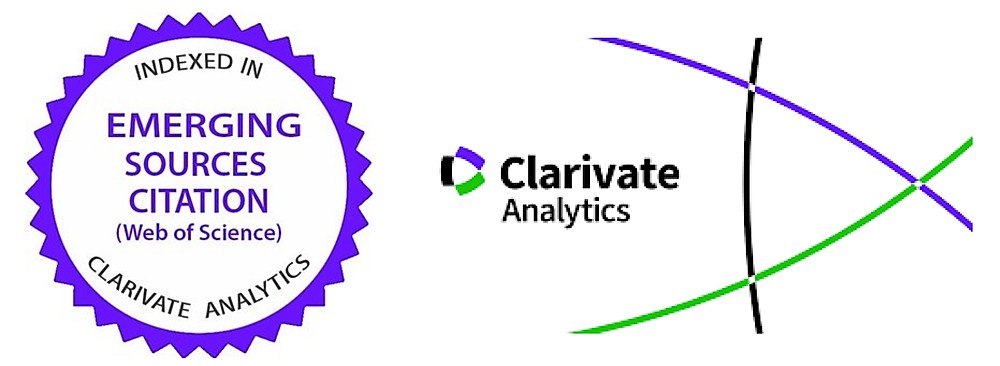Does Financial Development, Globalisation And Institutional Quality Drive The Income Convergence In The Central And Eastern European Union Countries?
Abstract
Central and Eastern European (CEE) countries are struggling with internal and external macroeconomic and social factors in their catching-up strategies to be closer, as economic wealth, to the Western developed European countries. In these ex-communist countries, institutional factors could be seen as critical for success in narrowing the income gap. The paper proposes an analysis of the impact of economic and financial development and globalization on the income gap in 11 Central and Eastern European (CEE) countries (Bulgaria, Croatia, Czechia, Estonia, Latvia, Lithuania, Poland, Romania, Slovak Republic and Slovenia) for the period of 1996 to 2019, taking into consideration institutional factors. The study analyses the variables: transition coefficient as a proxy for income gap, GDP per capita, KOF Financial Globalisation Index, Financial Development Index and World Bank Institutional Indicators in a panel approach methodology and estimation of FMOLS and DOLS equations. The paper's findings show that all considered factors have a significant contribution to the income gap in the examined period of time. Economic and financial development, as well as institutional quality, is positively associated with the closing income gap, while globalization has a negative influence. It is also revealed the direction of the causality relationship between the considered variables: from economic and financial development, globalization and institutional quality to the income gap. These findings suggest some policy recommendations in support of the continuation of the European integration process.



























